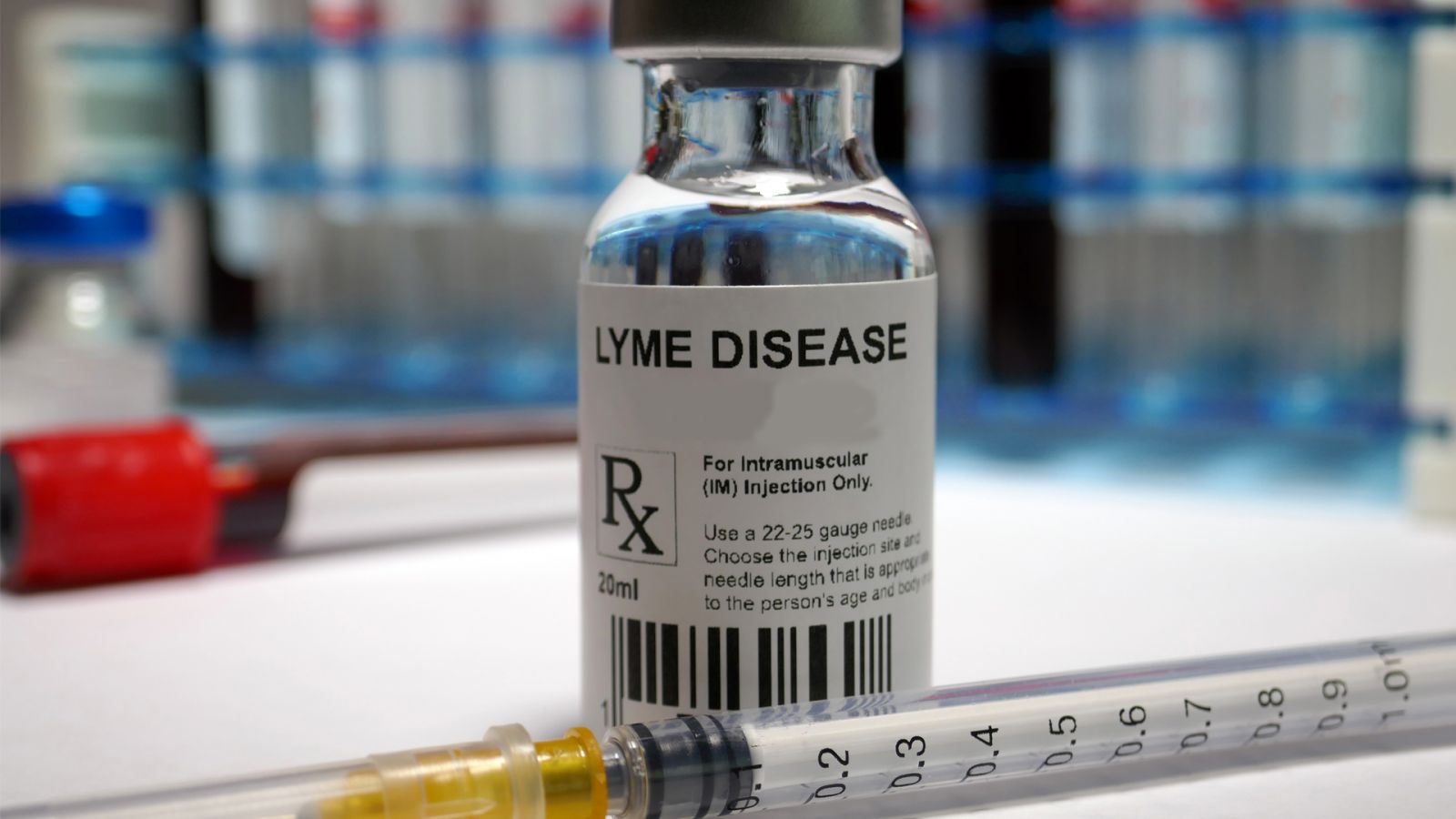Lyme Disease: Researchers From University Of Massachusetts Developing Annual Antibody Dose That Could Help Prevent Infection
Lyme Disease affects about 320,000 individuals in America each year and much more all over the world. The disease is caused by the spirochete bacteria: Borrelia burgdorferi which is transmitted by an infected tick bite. Typical symptoms can include arthritis, cardiac and neurological problems if left untreated. Clinical manifestations include fever, headache, fatigue, and a characteristic skin rash called erythema migrans.

Medical researchers, doctors and ecologists have tried for years to slow the spread of Lyme and the blacklegged, or deer, ticks that carry the disease-causing bacteria. However, the ticks' range continues to expand.
It is estimated that currently over 48% of the American population lives in an area where these ticks are found.
Interestingly, the US FDA had approved a vaccine against Lyme in 1998, but it was met by controversy and pulled from the market three years later. Efforts continue today to create a human vaccine as well as stop the spread of Lyme by other means, including using gene-editing to immunize mice that can transmit the bacteria to ticks, killing deer and using pesticides to control ticks.
Now, medical researchers lead by Dr Mark S. Klempner, MD from University Of Massachusetts Medical School have developed a unique antibody and a delivery method that can help prevent Lyme disease infections.
The new method, known as Lyme PrEP, delivers a single anti-Lyme antibody directly to a person rather than triggering the patient's own immune system to make many antibodies as vaccines do. It is designed to be a seasonal shot that people can get once a year before tick season begins.
The researchers have published several peer-reviewed articles on this methodology, including its success in mice and nonhuman primates and are scheduling later in the year, the first human phase 1 trial.
https://academic.oup.com/jid/article/214/2/205/2572124
Different from vaccines, the Lyme PrEP uses a single human antibody, or blood protein, to kill the bacteria in the tick's gut while it takes its blood drink, before the bacteria can get into the human host.
The researchers had realized that just one of the antibodies that the human body developed after multiple injections of the LymeRx vaccine was sufficient to prevent infection. Hence they identified which antibody led to immunity and tested it in animals where it proved 100% effective.
Animal studies showed that Lyme PrEP gives protection immediately upon injection, as it circulates through the blood. Unlike a vaccine which induces many antibodies that may not contribute to protection but can cause side effects, this approach uses a single, defined antibody, thus reducing the risk of side effects.
Early studies showed that a single injection of Lyme PrEP protected mice for several weeks.
However, humans need to be protected longer, likely for the nine-month season when over 90% of cases occur.
The research team developed a unique
Lyme PrEP antibody to extend its protective effects to cover this amount of time. Still the actual duration of protection will have to be determined during clinical trials.
The research team goal for the phase 1 clinical trial later this year is to test for the treatment's safety and determine how long it lasts in the bloodstream in humans.
In the phase 1 trial the team wants to avoid testing the Lyme PrEP antibody on volunteers who may have already been exposed to the Lyme bacteria and have developed responses to the bacteria that could confuse the results. For that reason, initial testing will take place in volunteers who have not been exposed to Lyme disease.
Should all go well, the new antibody protocols could be available for all as early as 2021. Individuals interested to be part of the clinical trial this year should contact the university directly.
For more on
Lyme Disease, keep logging to Thailand Medical News
